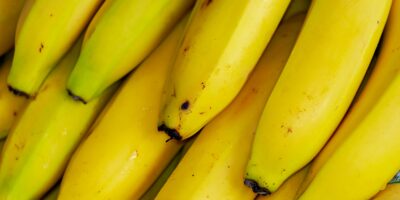Researchers at the University of Glasgow and Heriot-Watt University have shown that photons can be made to travel slower than the speed of light in vacuum. What is so remarkable about this observation is that they were able to alter the speed of light in free space and maintain the new (slower speed).
It is well known that when light traveling in air hits a medium, its speed is slowed down. When the propagating light exits the medium back into free space, it returns to the speed of light.
In this experiment, two photons “race” against one another to the finish line. One photon travels through free space (i.e.: the control). The second photon passes through a circular mask with several rings and then continues propagating through free space. The scientists measured the travel time of each photon down the 1 m racetrack and compared the times to determine the speeds of each photon. The control photon had the expected speed (299,792,458 m/s). The second photon (shaped by the mask) finished a mere few millionths of a meter behind.
While this experiment was done for single photons, they also experimented with Gaussian and Bessel beams and observed the same results. This shows that by patterning a light beam with a mask actually slows the photons slightly—the patterned photons do not return to the speed of light after passing through the mask despite being in vacuum.
Though the findings are primarily of fundamental physics research (as opposed to applied physics) the researchers do see some application of these findings in the future. This is particularly important for making very precise measurements (often done using light). One such example would be determining the distance of the Moon to the Earth. The finding is also relevant to scientists using huge aperture lenses to measure very short distances, in the micro- or nano-scale, accurately. Not something you’ll see everyday, but overall quite an interesting experimental finding!




Leave a Reply